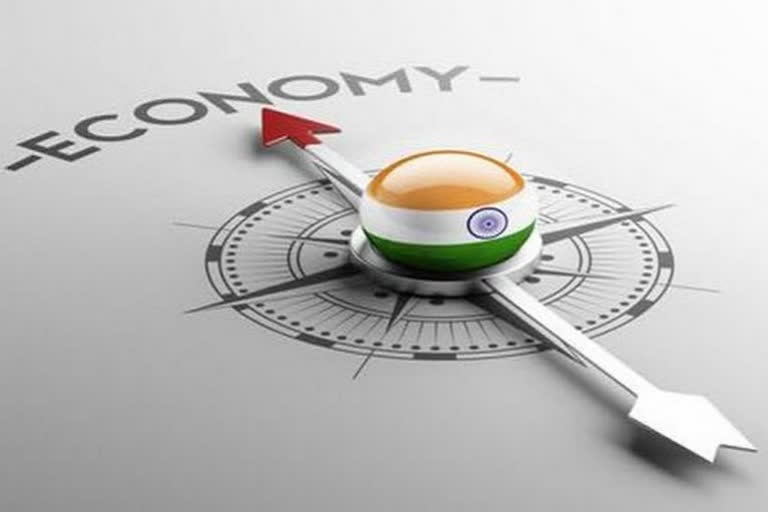Hyderabad: Preparation, presentation and passing of the Union Budget is perhaps the most extensive legislative exercise taken by the Centre as it includes a detailed statement of the government’s estimated revenue collection and expenditure for the next financial year, including any proposal to change the tax rates and slabs that affect every man and business.
Though the preparation of the Union Budget is governed by the Constitutional provisions, nowhere in the Constitution, the term general budget or Union budget or budget is used.
The constitutional term for the Union Budget is Annual Financial Statement, which is presented by the finance minister or any other member of the council of ministers on behalf of the finance minister, before the Parliament in the budget session which is usually the first Parliament session in a year.
Annual Financial Statement
As mentioned in the Article 112 of the Indian Constitution, the Union Government lays a statement of its estimated receipts and expenditure for the next financial year, which begins on April 1 and ends on March 31 in the next year.
Article 112 says that in respect of every financial year, the President shall cause to be laid before both the Houses of Parliament a statement of the estimated receipts and expenditure of the Government of India for that year which would be referred as annual financial statement.
The Article says that the estimates of expenditure given in the annual financial statement will give details in a separate manner of the money required to meet the expenditure described by this Constitution as expenditure charged upon the Consolidated Fund of India and also the money required to meet other expenditure proposed to be made from the Consolidated Fund of India.
While the charged expenditure does not require a vote in the Lok Sabha, other expenditures require Parliamentary approval by way of voting in the Lok Sabha.
The Article 112 also says that the government should distinguish the expenditure on the revenue account from other expenditures.
Also Read: Sitharaman chairs pre-budget meeting with state finance ministers
Because of this provision, the budget is prepared and presented as revenue budget and capital budget. It basically divides the budget in two parts – expenditure budget and revenue budget. It further breaks down the receipts, the money collected by the Centre into two parts – revenue receipts and capital receipts.
It also similarly divides the expenditure in two parts, the capital expenditure and revenue expenditure.
Revenue expenditure are those expenditures that do not result in creation of any assets such as roads, airports, seaports, hospitals and schools as this money is spent on the running expenses of the government such as payment of salary and wages and other such expenses.
On the other hand, the capital expenditure results in creation of some kind of public asset such as roads, schools, hospitals and colleges, among others. The capital expenditure also includes purchase of weapons for the military, vehicles and other items by the government officials and employees.



